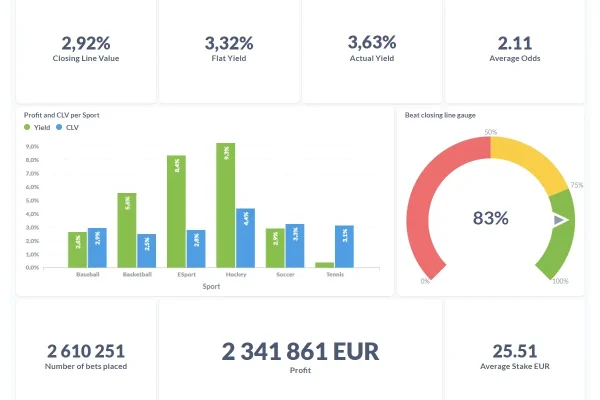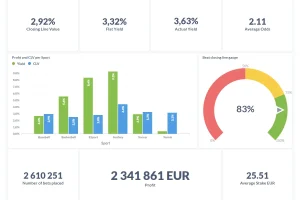The house edge is the mathematical advantage casinos possess over their players. It helps cover costs and make a profit. Although some gamblers may win big at casino games, over a longer sample size the house edge will prevail and make more money than expected.
Knowledge is key when making smart betting decisions, and statistics and analytics can help players decrease the house edge.
Games with a high house edge
There are many casino games with high payouts, yet their house edges remain significant due to casinos trying to make as much money as possible on average from large sample sizes. Smart players understand that choosing games with lower house edges gives them a greater chance of success when gambling.
Learn to beat the house edge for an enjoyable casino or online game experience. Although it is impossible to avoid losses altogether, games with lower house edges may make your gambling sessions more pleasurable and this article will assist in understanding its workings as well as selecting games with lower house edges such as video poker or blackjack, both having low house edges.
Games with a low house edge
House edge is one of the key concepts for casino gamblers, yet many don’t fully grasp its impact on games. Unfortunately, this leads to players often opting for games with higher house edges which eat into their bankroll over time – to prevent this, look for games with lower house edges instead.
The house edge is a percentage that outlines how much a casino expects to gain by overspending during a specific game, similar to Return to Player (RTP). Although you cannot beat the house edge directly, its impact can be reduced by choosing games with lower house edges such as liberal blackjack or baccarat variants with high error rates that further diminish its effect. Furthermore, video poker and pvp poker also tend to offer lower house edges when played against casinos.
Games with a high number of decks
The house edge is the advantage that casinos hold over their gamblers, and determines how much money will be made on each bet, as well as for how long. No matter if players win or lose immediately; over time it will chip away at their bankroll due to this house advantage. Casinos need this edge in order to cover costs such as operating their games, paying staff salaries, and turning a profit.
However, many gamblers fail to fully grasp how the house edge affects their odds of winning – whether due to a lack of understanding of math or an aversion for it – it is essential that players understand this before beginning gambling; knowing the house edge allows them to avoid games with high house edges and focus on those with lower ones such as blackjack, video poker or craps with smaller house edges.
Games with a high payout percentage
A house edge refers to the mathematical advantage that casinos and commercial gambling venues possess over gamblers that play their games, enabling them to recoup costs and make profits. Furthermore, this advantage guarantees that a certain percentage of bets placed with them will result in losses; but not every single bet necessarily does this result in such outcomes.
Newcomers to gambling should understand that it is imperative they familiarize themselves with each game and its house edge before spending any money. This will enable them to select which games to play as well as calculate how much tax will need to be paid on winnings.
House edges are calculated based on an aggregate sample size of thousands of bets placed over time. This means that for every dollar wagered on games at casinos, on average they expect to recover 95 cents back – however this doesn’t account for individual wins or losses, nor the fact that players make mistakes during play.













